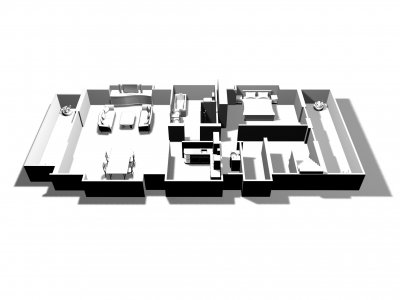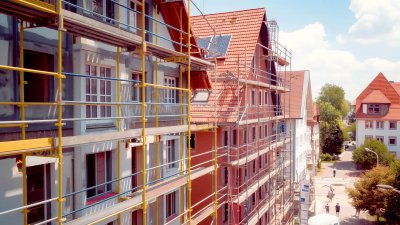If owners need additional space in their property, for example for a home office, a hobby room or an apartment, this can often be realized in the basement. The FMI Mineral Wool Industry Association points this out. However, owners should consider various aspects of the basement extension in advance, namely the building physics, the structural requirements and the options for thermal insulation. They should also find out about the costs.
For example, it is important for the project that the basement and the building components are dry. Once this is the case, further planning can take place. However, legal aspects must also be taken into account. While the hobby room can usually be realized on your own, obtaining planning permission is required in advance for the construction of a basement apartment.
According to the trade association, the floor and basement walls should also be thermally insulated during the extension, among other things to protect against rising damp. In this context, the association points out that there are state subsidies for thermal insulation. In addition to thermal insulation, owners may also want to consider impact sound insulation. This is because noise can also be transmitted from the basement to other floors, for example from a spinning washing machine.
Source: der-daemstoff.de/wavepoint
© wavepoint




